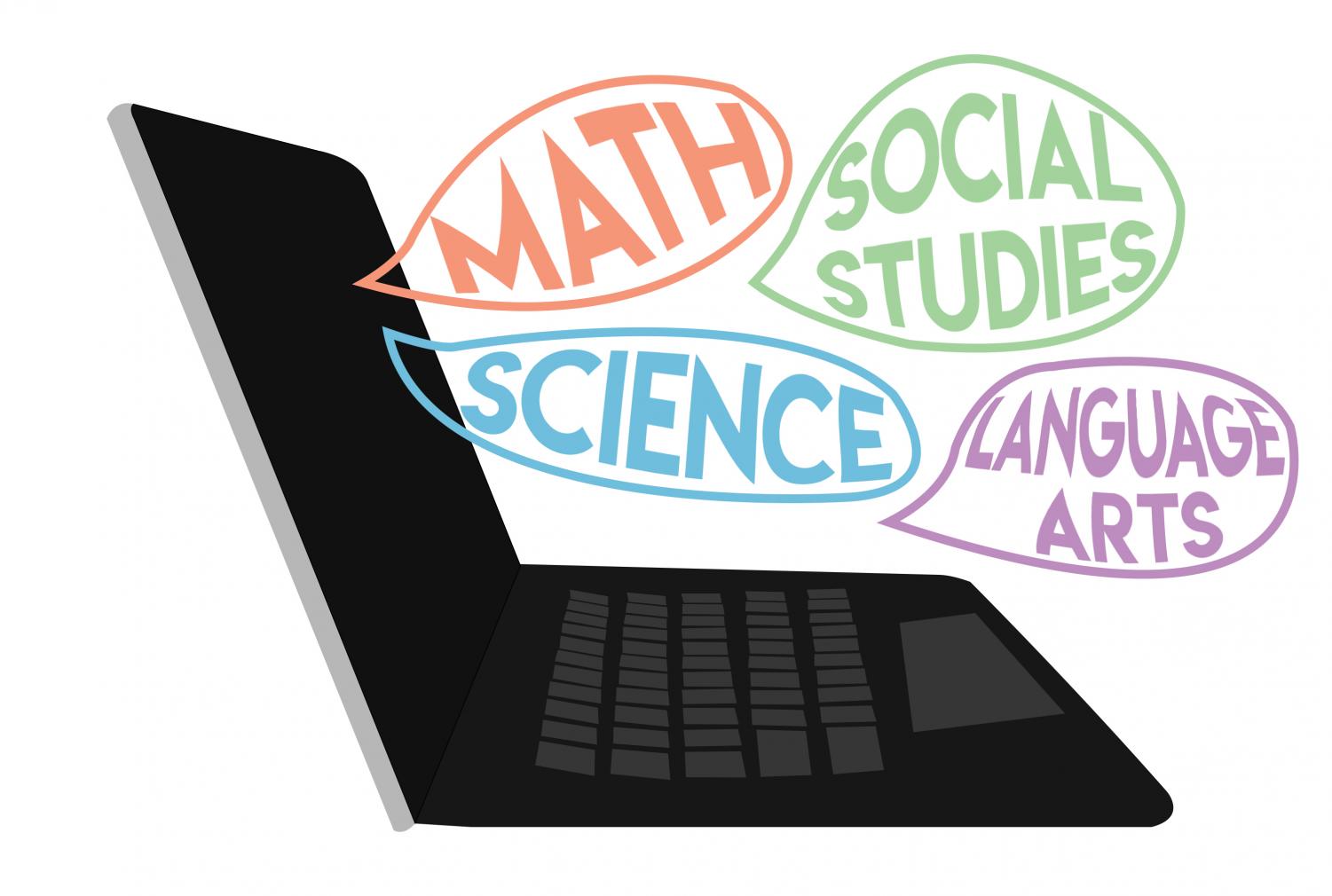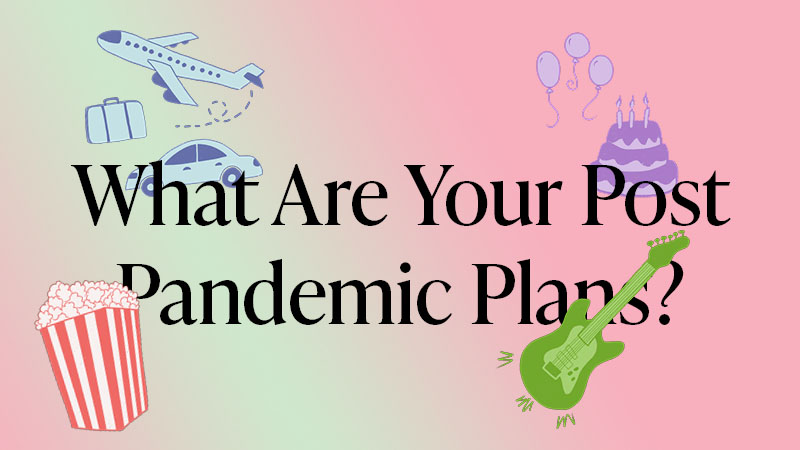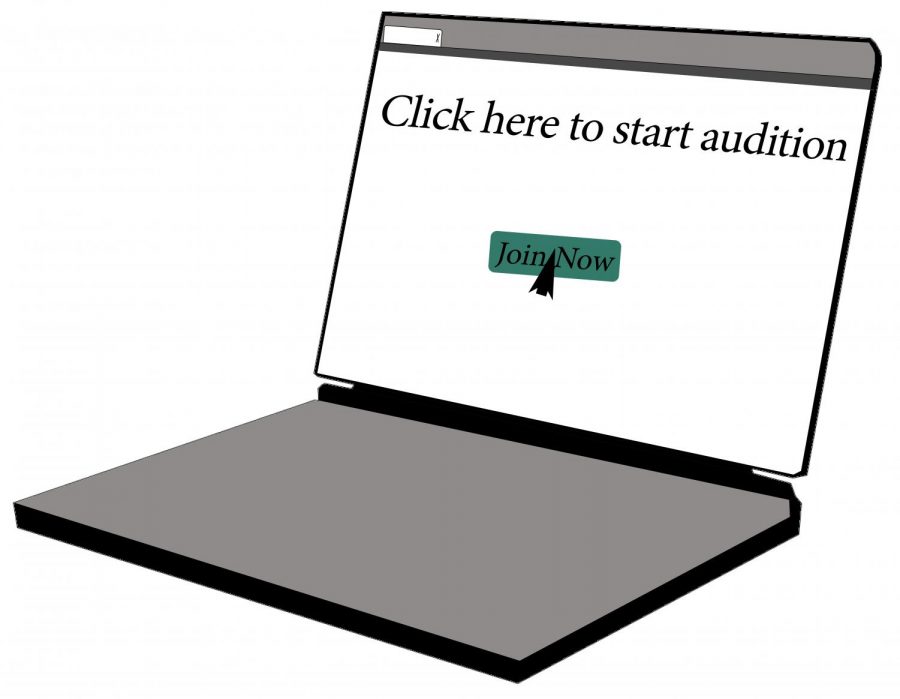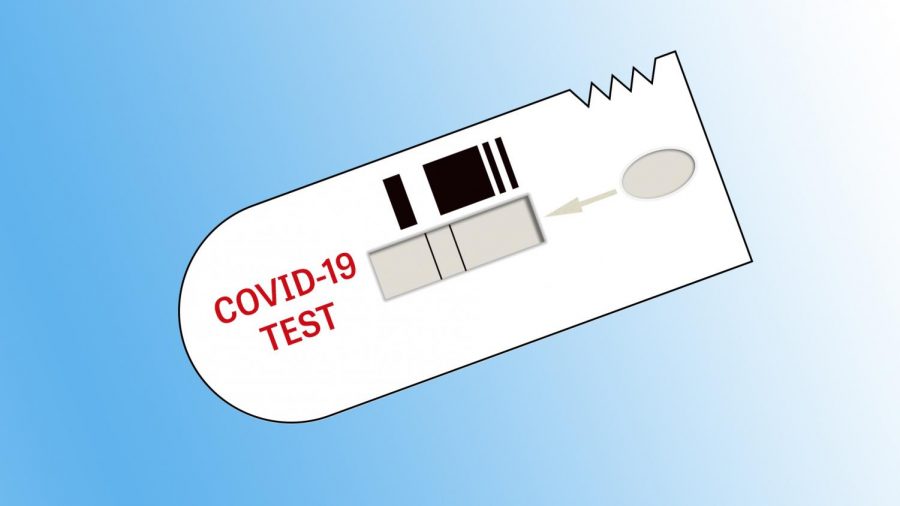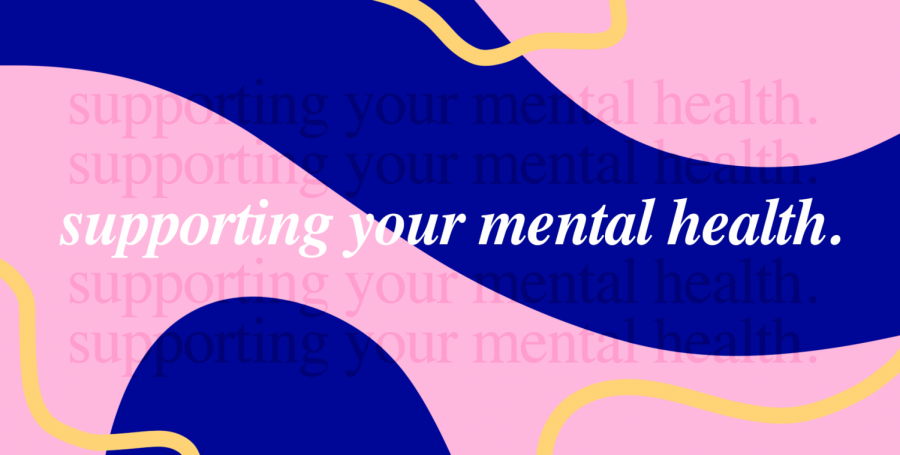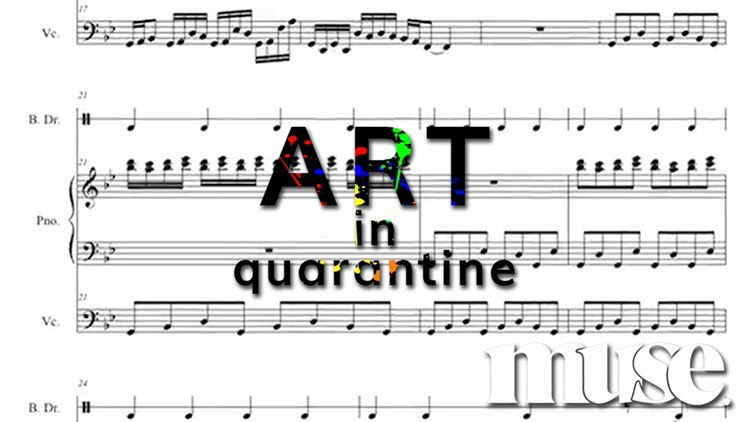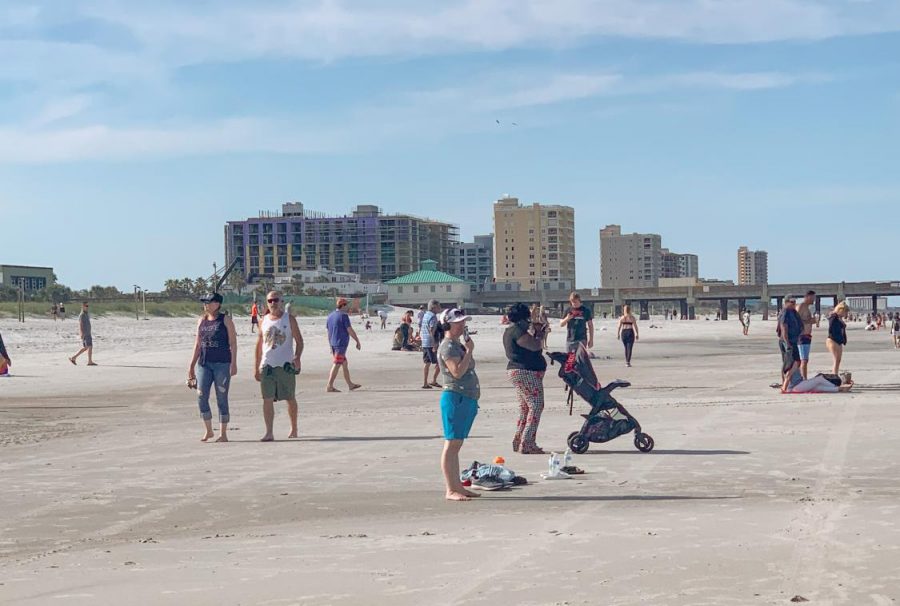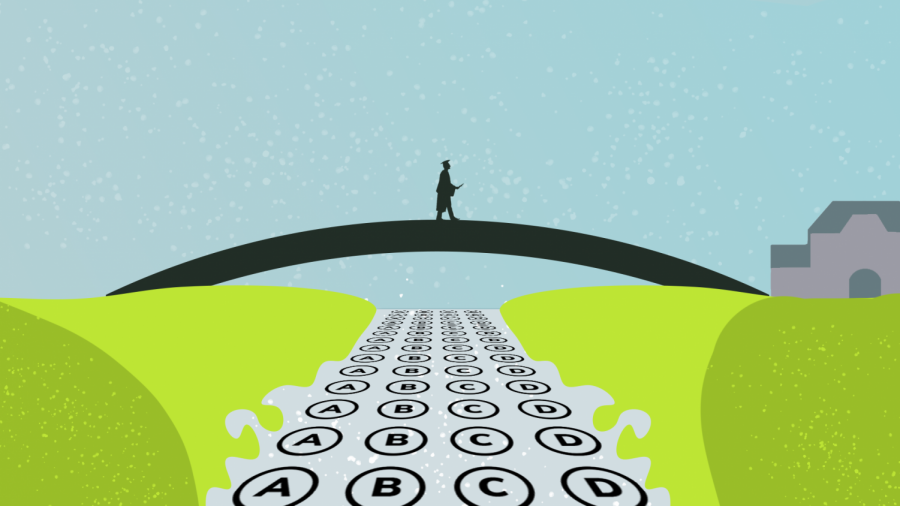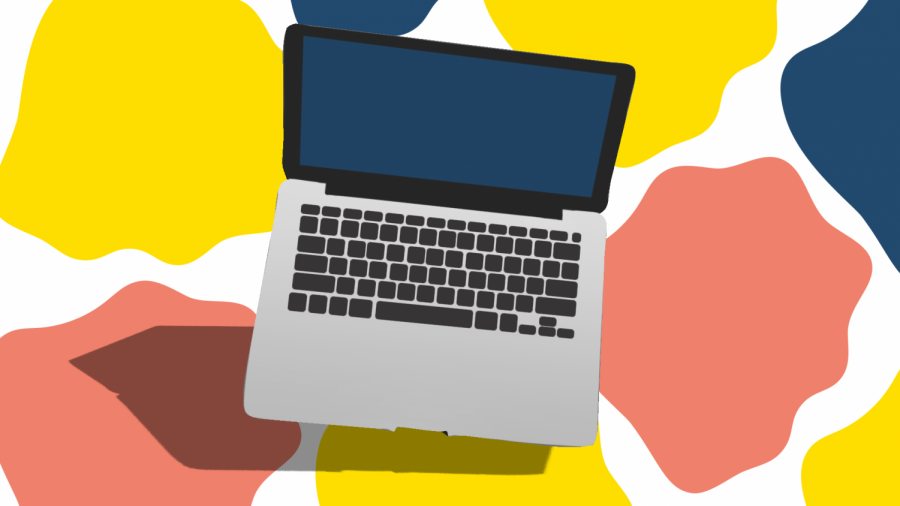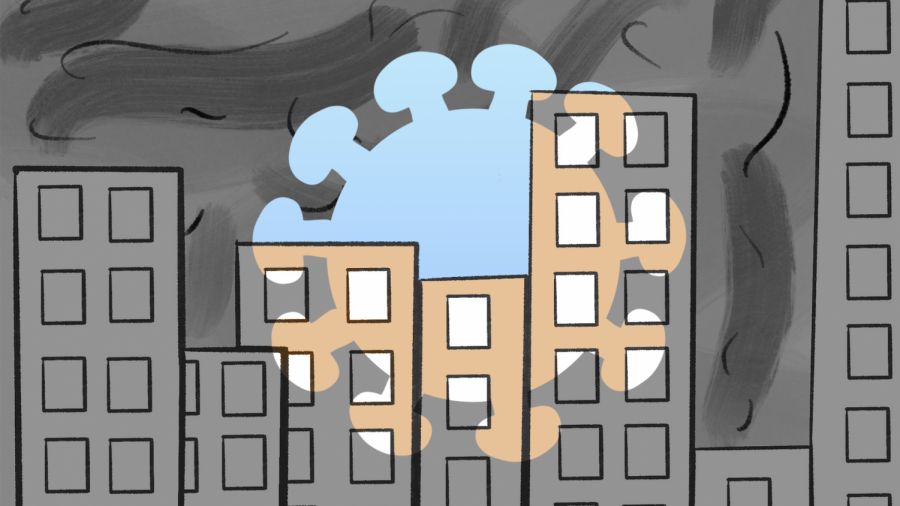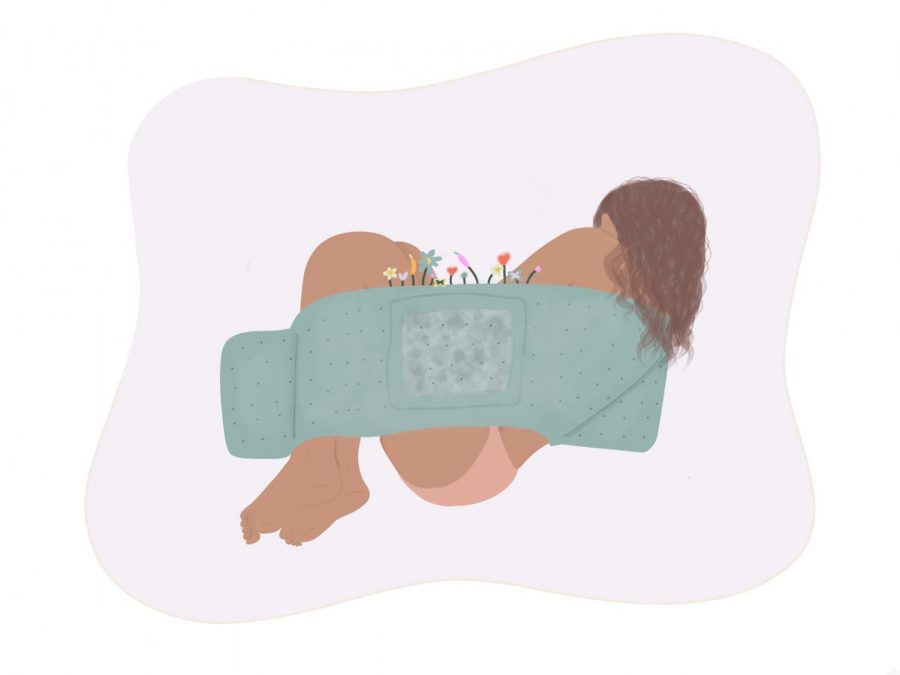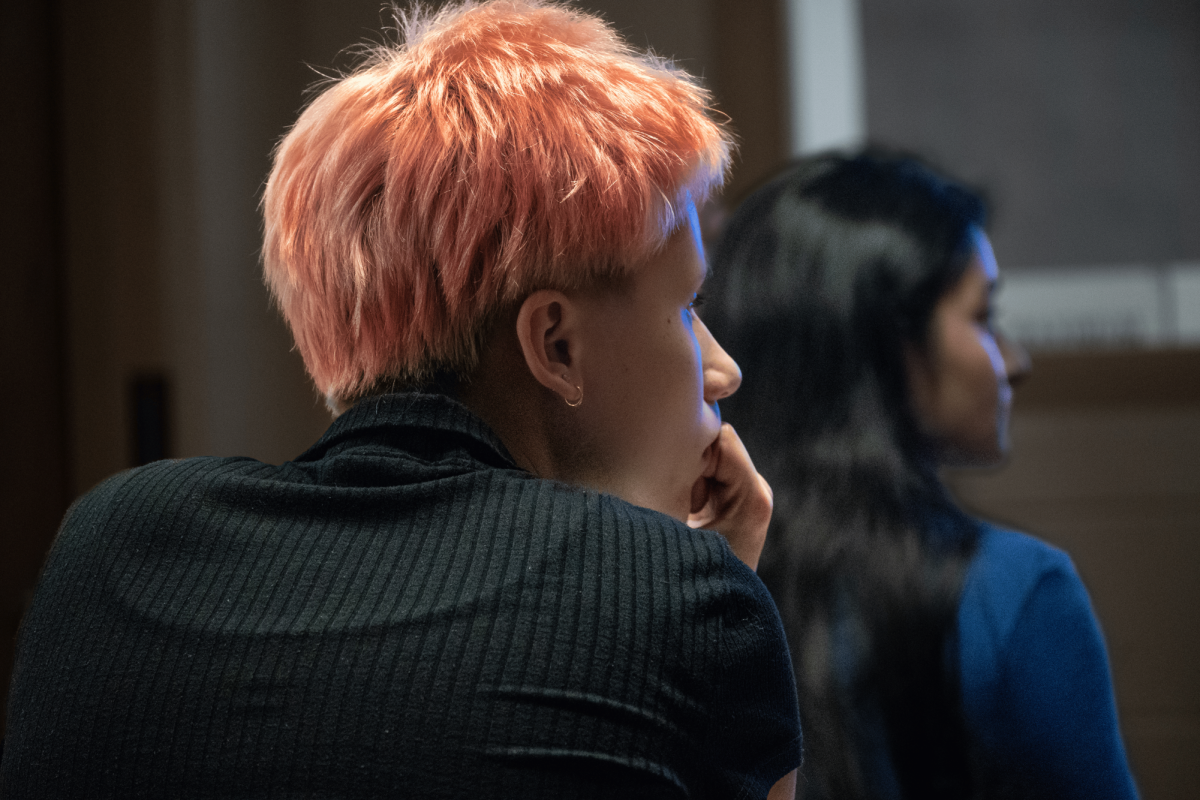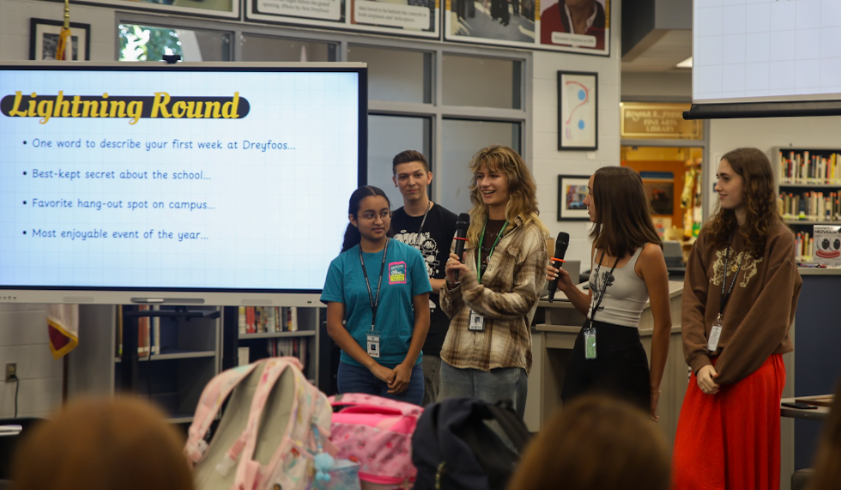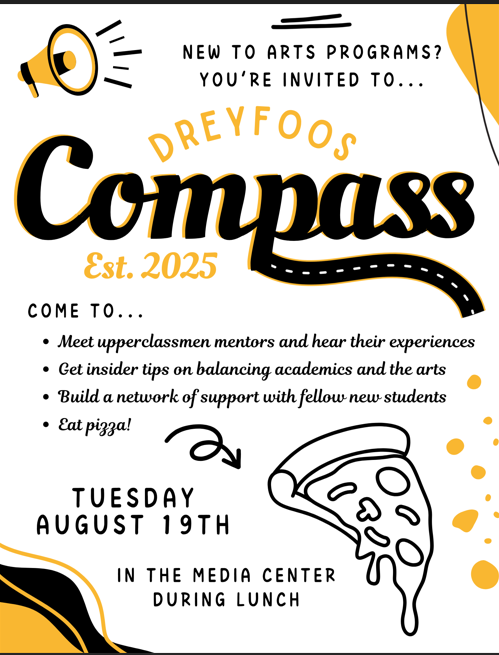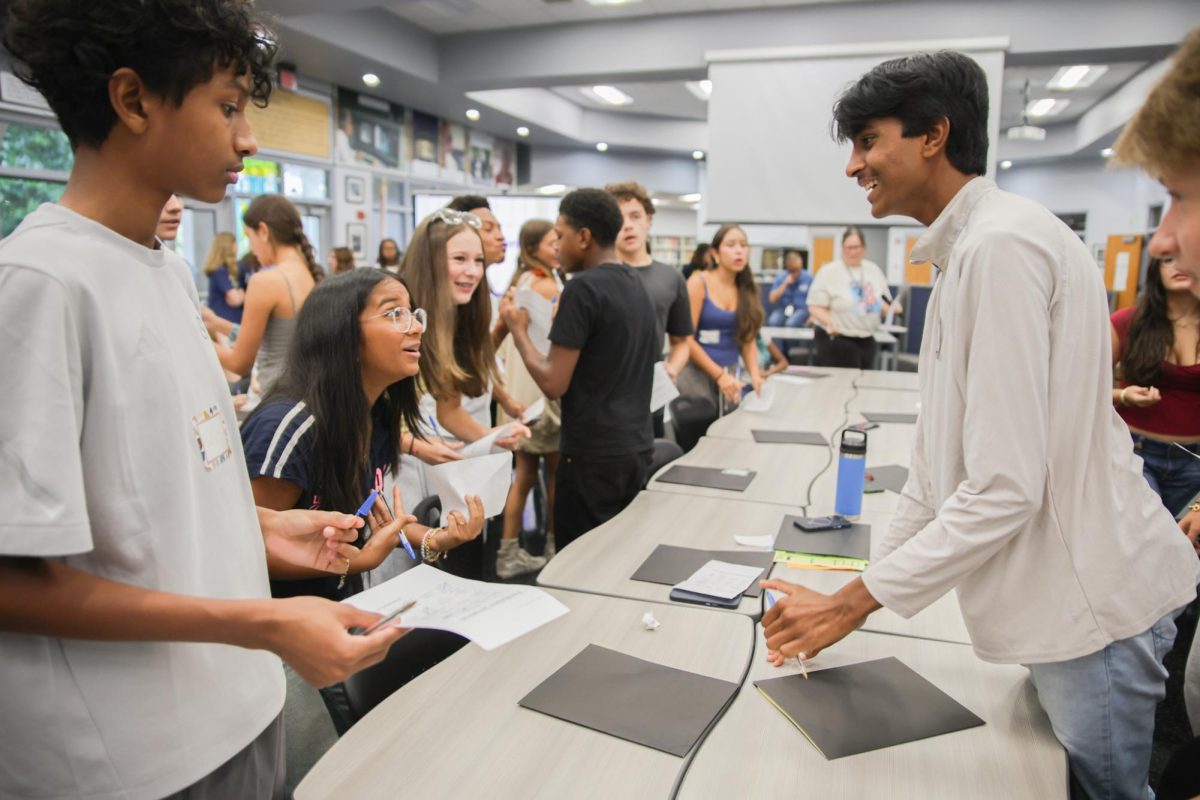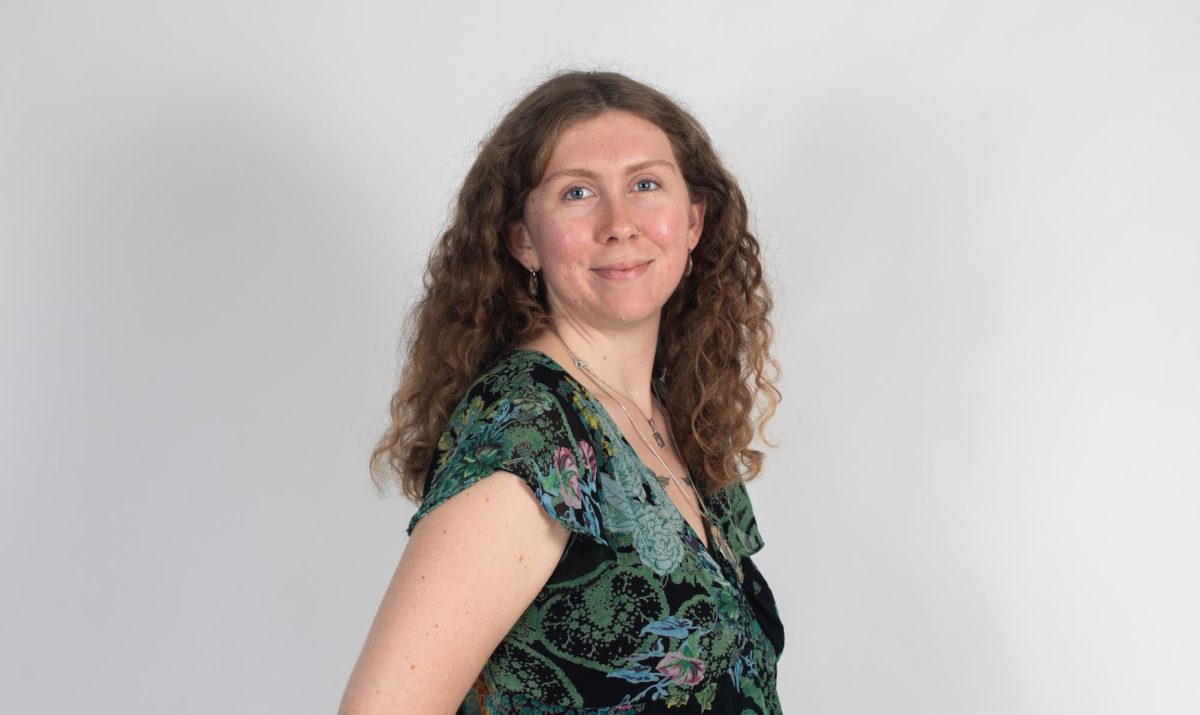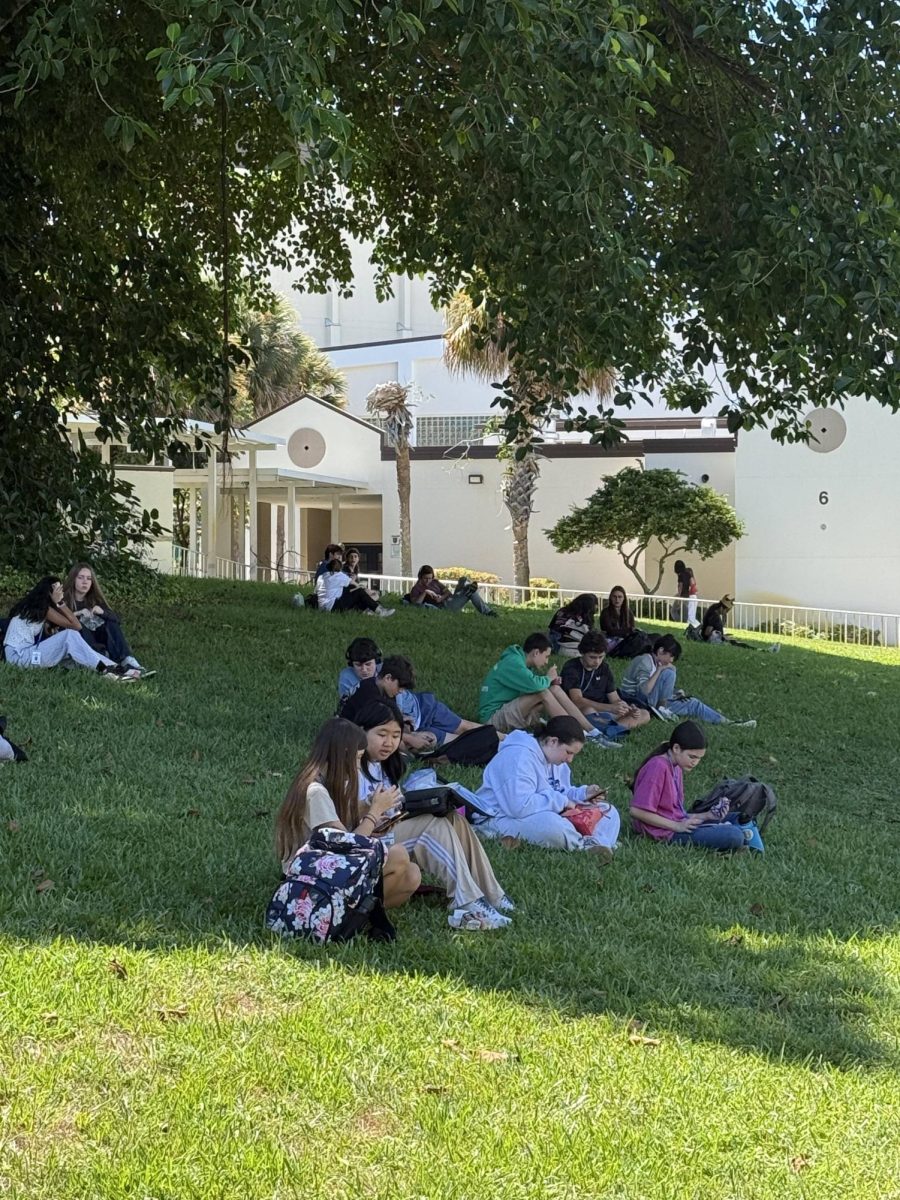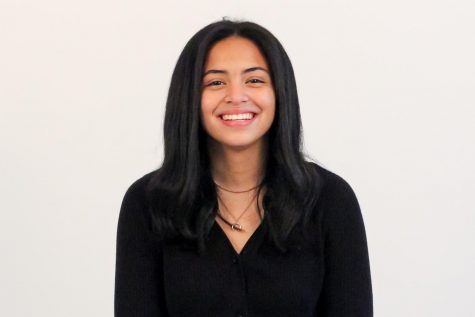Gov. Ron DeSantis’ recent order to keep all Florida public schools closed until April 15 has left the Palm Beach County School District to decide how to educate students digitally. The district and others like it face the challenge of helping students who may not have access to the internet in a time when COVID-19 has made online education the only option.
The school district recently asked families across the county to fill out a survey regarding their internet access and other technological resources. The results demonstrate the extent of the “digital divide” within Palm Beach County: The Palm Beach Post reports that 13 percent of respondents lacked access to a computer, and 4 percent of respondents lacked internet altogether.
These families are not alone: Across the country, the Federal Communications Commission finds that six percent of the United States’ population still lacks access to broadband (high-speed internet) services. The turn to online schooling mechanisms has raised questions about how students of lower socioeconomic standings will be able to access lessons and educational materials.
School district officials held a press conference on March 18. regarding how they intend to handle the issues that the “digital divide” poses and how online schooling will function.
The school district plans to begin a “distance-learning program” on March 31. To accompany the program’s launch, the district has announced the distribution of more than 100,000 computers for those who lack access to one at home, as well as the institution of “televised classes.” Companies such as Comcast are also providing access to free wireless Internet services for students who lack access to standard Wi-Fi.
.@GFsheffield speaking now about digital remote learning. There will be THREE instruction delivery options, including teacher-led instruction via Google Classroom, District-led instruction via website, and District-led instruction via television.
— PBCSD (@pbcsd) March 18, 2020
The Palm Beach Post reports that the “distance-learning program” will introduce Google Meet, a program that allows students to access live lessons with teachers, as well as continue using Google Classroom for recorded lessons and assignments. For students and teachers that require the use of Adobe Creative Cloud, in light of school closures, these programs will be available for free at-home use, during the first two months of download.
The decision of the state to close schools until April is ultimately to prioritize public health and this switch to online schooling mechanisms may be an important step to contain the spread of COVID-19. With this in mind, the CDC also encourages everyone to wash their hands and practice social distancing. Since online schooling has now become a part of state measures to combat the spread of COVID-19, the contingencies put in place by the school district to try and bridge the digital divide for students from low-income households will be more important than ever.



